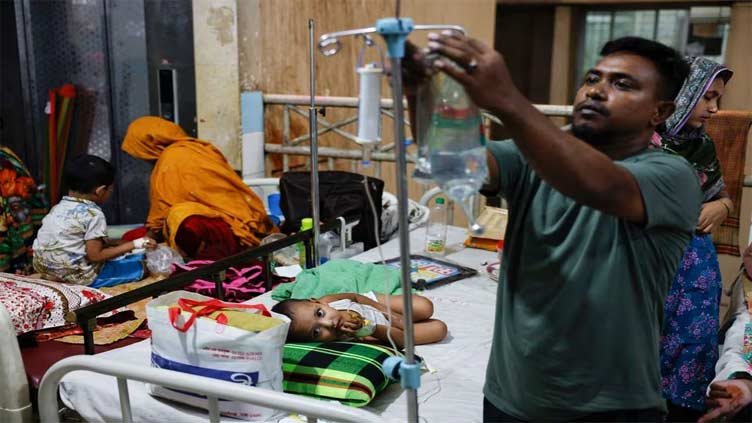Rising temperatures, longer monsoon drive Bangladesh’s worst dengue outbreak

DHAKA (MNP) – Rising temperatures and a longer monsoon in Bangladesh because of climate change are providing ideal breeding conditions for the dengue-spreading mosquito, experts said, as the country grapples with its worst-ever outbreak of the viral disease.
The death toll from Bangladesh’s outbreak in 2023 is 1,476 as of Nov 12, with 291,832 infected, official data showed. Hospitals have struggled to cope with the rising number of patients in the densely populated South Asian country.
The death toll this year was more than five times that of 2022, when Bangladesh recorded 281 dengue-related deaths, and the deadliest since authorities started tracking them in 2000.
Kabirul Bashar, an entomologist and zoology professor at Jahangirnagar University in Bangladesh, has spent much of his career studying mosquitoes and said he had never seen such a severe outbreak in his 25 years of research.
“Temperature, rainfall and other components are changing patterns due to climate change. We are seeing monsoon-like rain in mid-October, which is unusual,” he told Reuters. “These seasonal pattern changes are creating the ideal situation for breeding of Aedes mosquito. Aedes is adapting to these changes.”
Dengue is common in South Asia during the June-to-September monsoon season as the Aedes aegypti mosquito, which spreads the disease, thrives in stagnant water.
